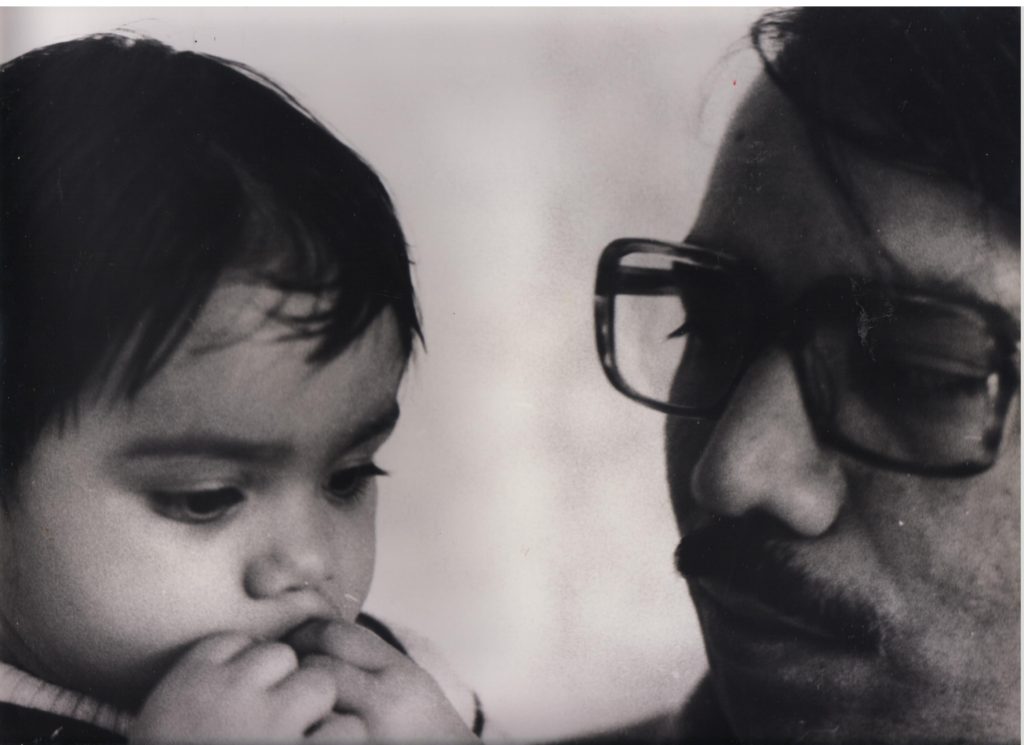
Hope, optimism and growth are subjects that are always well received and hence writing about them gives one no reason to think twice. On the other hand mortality is a subject that we are not taught or encouraged to explore. It takes certain life events to shake us up and take notice of the fact that the only thing that is certain is – our mortality. Because this is often considered a heavy subject, it took me time to get myself to write about it. It has been very uncomfortable, yet, deep down, I felt that not writing about it would probably make me regret forever.
I was my father’s health care proxy for the last 18 months of his life. I had not prepared for this role. I didn’t quite know what it entailed. I first read it on a prescription “As presented by patient’s healthcare proxy – daughter”. Soon I realised that it meant, I will be conveying decisions on matters concerning his health – right from choices about medical tests, surgeries to crucial decisions about whether or not to use life support.
Those were tough decisions because we had never had conversations about them.
How he would like to lead his life if things get to a stage where time is short?
What are his priorities – is it “let today be as good as it can” vs “as many days as possible”?
Would he want all possible attempts to be made to prolong the inevitable and spend time in the ICU away from us, or with us, at home?
Luckily for us, somewhere down the line, my father had expressed his desire to be close to family and away from the hospital and that cue helped us make certain decisions however, there were other times where we swayed and made all possible attempts to buy more time.
As uncomfortable as it may have been, I do feel if I had known then, what I know now that asking certain uncomfortable questions is healthy, I would have asked :
• If time is short, how would you want to live your life? What are your priorities?
• Would you want me to make all possible attempts to buy some more time at the cost of painful ICU admissions where we would not be allowed to see each other or would you want to be at home with us.
These questions help us make the right medical choices. We often lean on doctors to lead us in the right direction but these questions can be powerful guides in cases where the nature of the disease is such that doctors cannot fix it. Answers to these questions may help equip doctors to help us.
In fact, having been a health care proxy once I now will not hold back from asking these questions in cases where I feel I may be required to play this role again. The lesson I learnt was that these questions are best asked way before one gets into crisis mode. These aren’t comfortable questions, but they are crucial to ensure that a loved ones’ priorities are respected.
Not only for our loved ones, these are questions we should begin to answer for ourselves once we feel ready, given that based on past statistics, 70% of us may have others make decisions on our behalf as we transition into the twilight of our lives.
Why am I writing this post? Because I feel if this can help even one person bring alignment in the life of a loved one in terms of quality of life versus length of life, I would have put my personal experience to some good use.